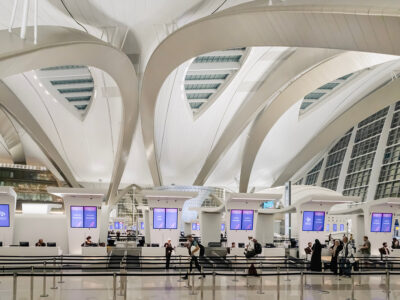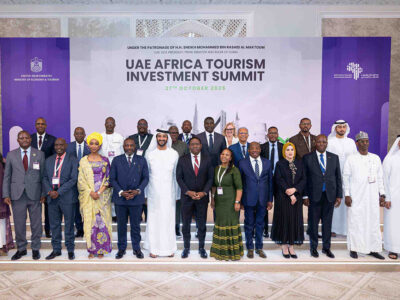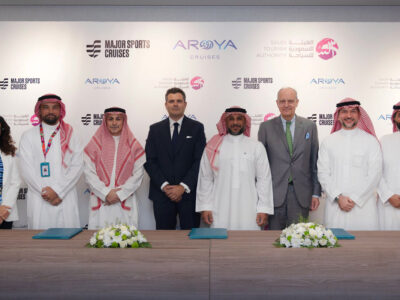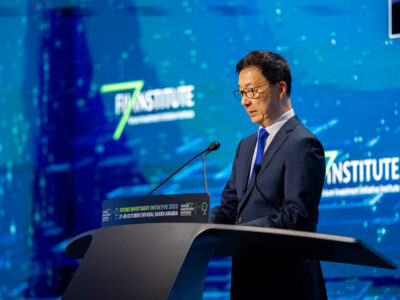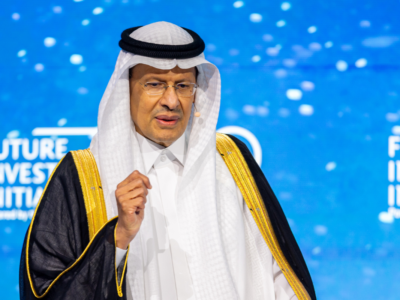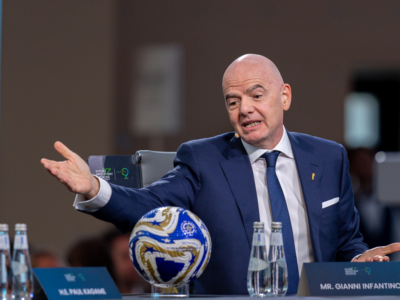Visitors to the rescheduled Expo 2020 Dubai are unlikely to match the 25 million target initially announced by organisers, according to real estate consultants Knight Frank.
Although the mega event will bolster tourism in the UAE this year, Knight Frank said the sector was not expected to “return in a meaningful manner” until the latter part of 2022.
In a new report, it said: “The rescheduled Expo 2020 will help bolster demand, although visitation is unlikely to match the pre-pandemic expectations of 25 million visitors. Looking ahead, despite the drive to inoculate the global population we are still not expecting tourism being able to return in a meaningful manner until the latter part of 2022.”
In response, an Expo spokesperson said: “We continue to look forward to welcoming millions of visitors from around the world to visit Expo 2020 Dubai from 1 October this year and we have not changed our visitor target. However, we are following the current global situation in relation to Covid-19 closely and will update our modelling accordingly as the event approaches.
“We are also pleased that with responsible precautionary measures in place we have been able to safely welcome thousands of visitors from across the UAE to preview some of Expo 2020 Dubai’s flagship attractions through the Pavilions Premiere, which opened in January and runs until April.”
It had been feared that the audience for the event would be scaled down because of social distancing restrictions designed to curb the spread of the virus.
In its new report, Knight Frank also said the Covid-19 pandemic has presented the UAE hospitality market with an unprecedented set of challenges.
“The sector was not only the first to be affected but to date has undoubtedly been the hardest hit. In addition to this, it is also most likely to see long-lasting changes which have been bought about purely by the pandemic,” it noted.
In 2020, the total number of flights globally fell from its 2019 average of almost 115,000 per day to lows of around 28,000 in the early stages of the pandemic.
Despite efforts to reopen, visitation remains materially below pre-pandemic norms.
.jpg?xNEPkYw-)
Knight Frank said using Dubai as a proxy for demand shows that visitation in the year-to-date to November is estimated to total around 5.37m, down 64.2 percent year-on-year. Citywide revenue per available room in the UAE have fallen between 8.5 percent and 44.6 percent.
On a broader UAE level, looking at performance data since the reopening of borders in July to December paints a significantly better picture, the report said as the UAE’s average daily rate (ADR) increased by 68.4 percent and occupancy rates increased by 29.7 percent, resulting in RevPAR increasing by 201 percent.
Knight Frank also said that despite challenging market conditions, asset owners understand that this is a short-term shock, rather a long-term structural change to the market. As a result, given the sector’s favourable long term outlook and investors’ extended investment horizons, where investment decisions are more closely correlated with the longer term outlook, investment in the sector will remain steadfast.
